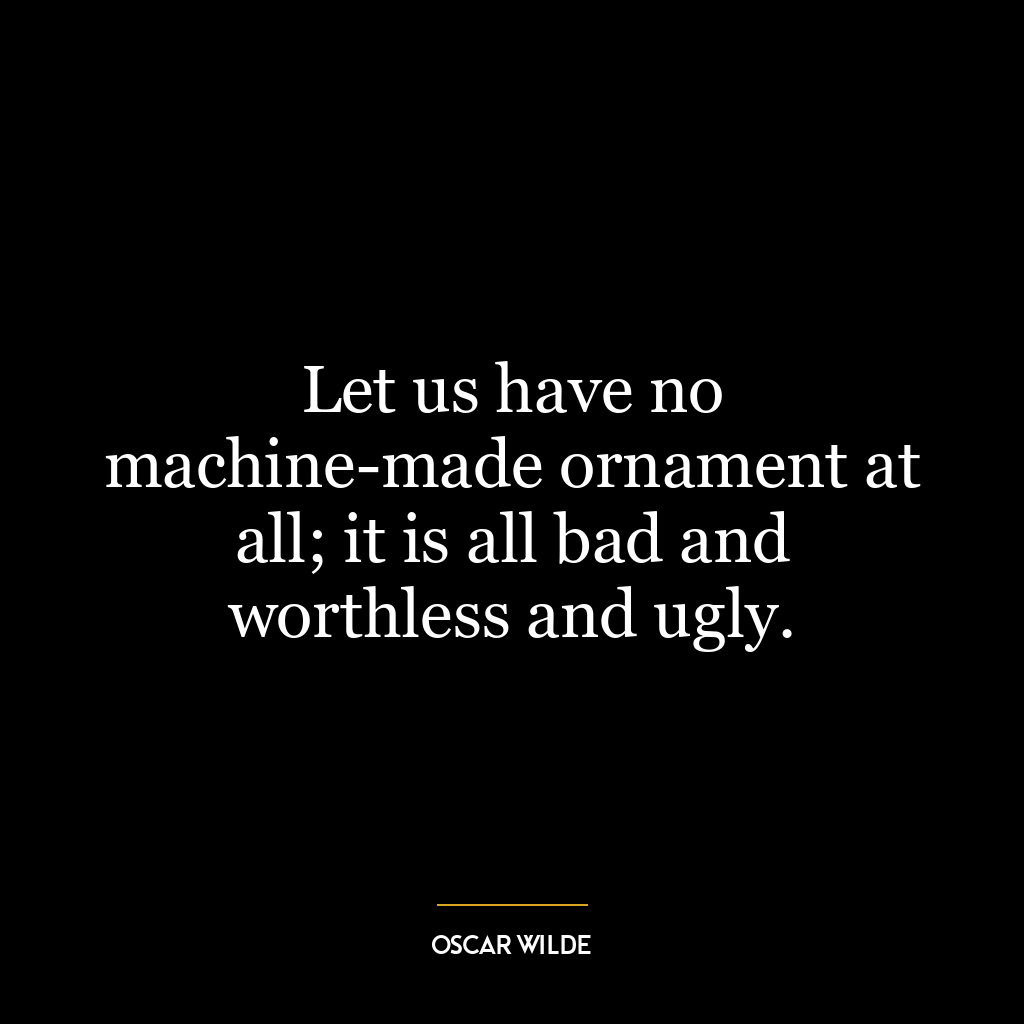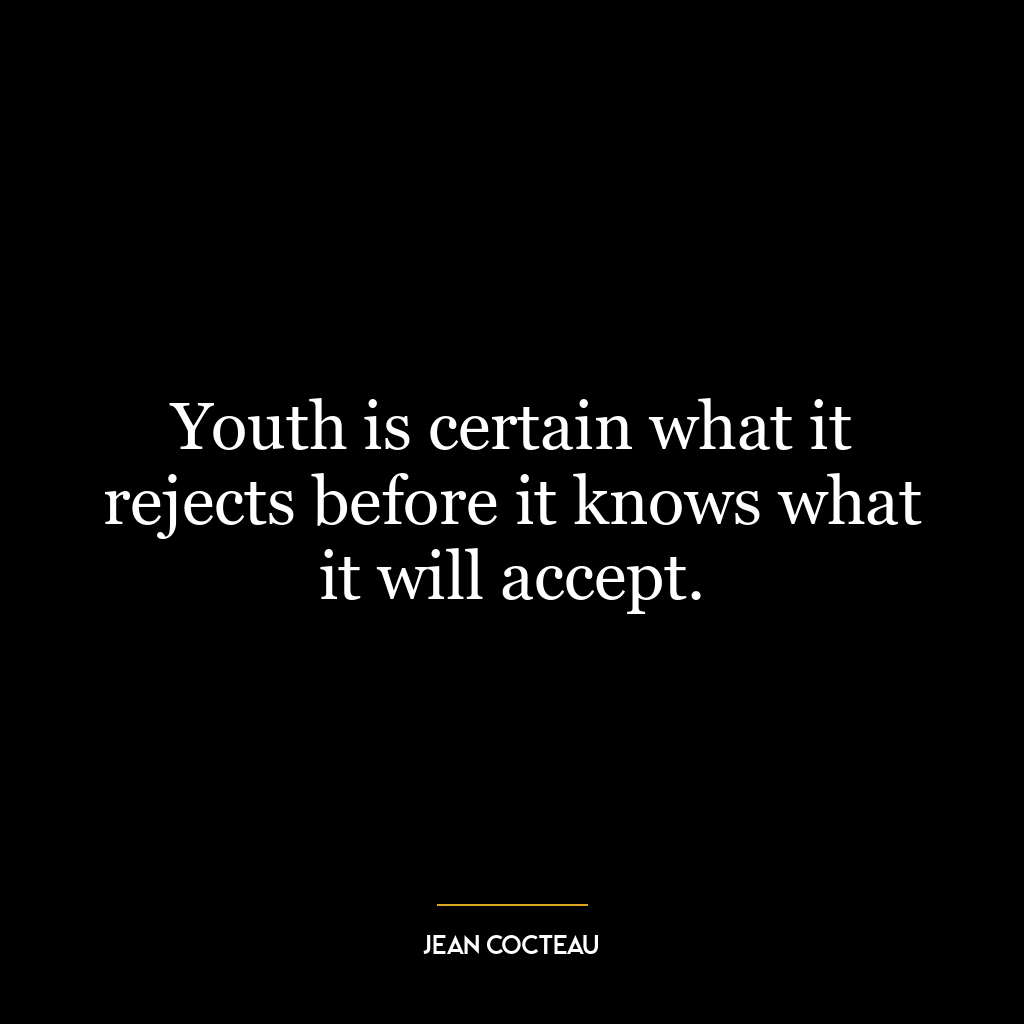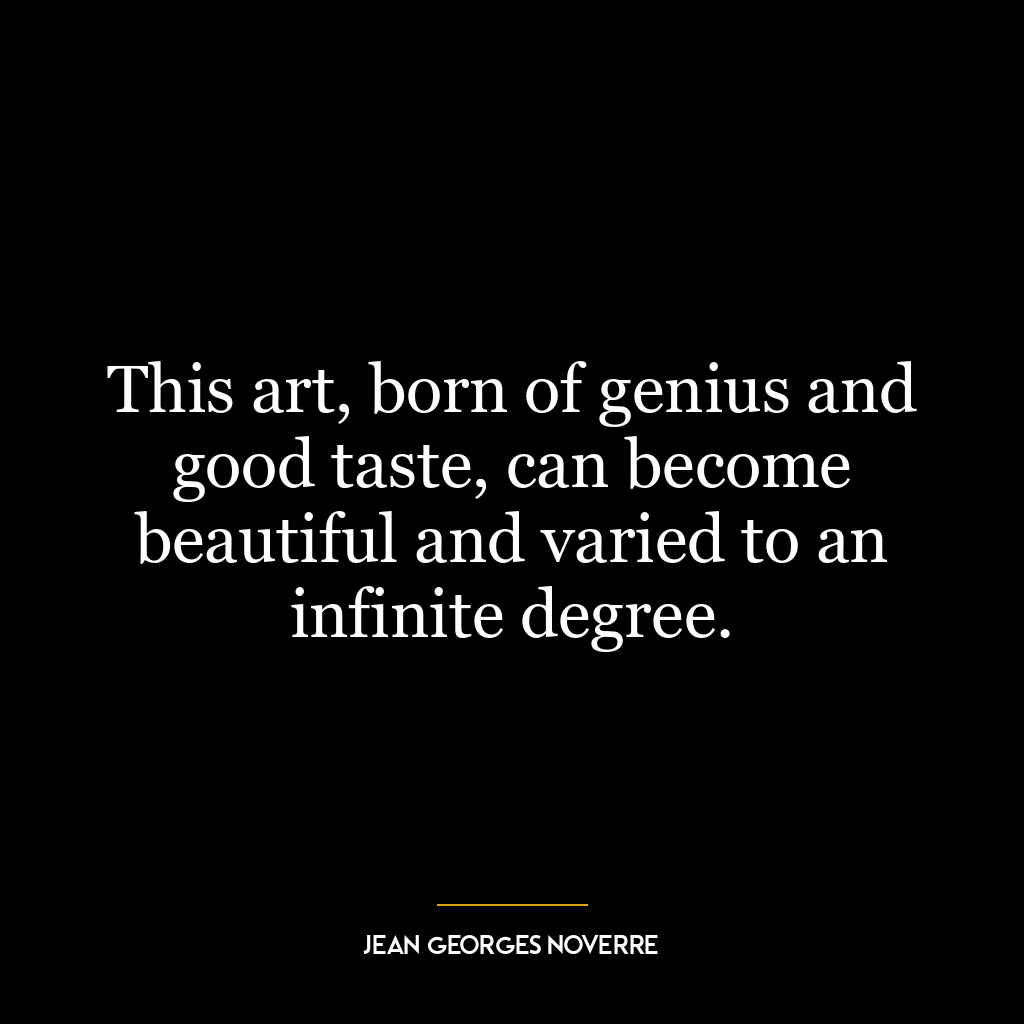Let us have no machine-made ornament at all; it is all bad and worthless and ugly.
This quote criticizes the mass production of art and asserts the value of unique, handcrafted pieces. According to this perspective, machine-made ornaments lack the individuality, thought, and creativity that come with handmade items. These pieces, churned out in large quantities, are seen as devoid of soul and beauty, hence the terms “bad,” “worthless,” and “ugly.”
In the context of today’s world, this quote can be applied to various areas of life and society. In the realm of consumer goods, for example, it may suggest a preference for artisanal, locally-produced items over mass-produced, generic products. This could be because handmade goods often possess a unique charm, a sense of individuality, and a personal touch that mass-produced items typically lack.
In terms of personal development, the quote could be interpreted as a call to value authenticity and originality. It might suggest that people should strive to be like handcrafted ornaments, unique and full of character, rather than trying to conform to societal norms or expectations. It underscores the importance of individuality and personal growth, encouraging us to embrace our unique traits and qualities rather than striving to fit a certain mold.
Furthermore, it can be seen as a critique of our fast-paced, efficiency-obsessed modern society, which often prioritizes quantity over quality. It reminds us to appreciate the time, effort, and craftsmanship that go into creating something truly unique and beautiful, whether that’s a physical object, a piece of art, or even a life well-lived.










